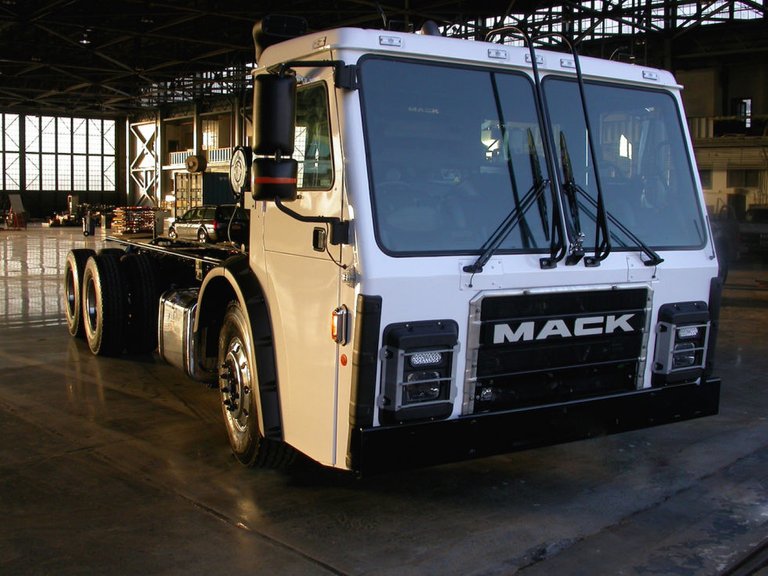
Out of all of Elon Musk's recent "Master Plan Part Deux," the part that really caught our eye was a short paragraph about a Tesla semi. Much of the rest—solar, autonomous driving, ride-sharing—wasn't exactly unforeseen. But the idea of a heavy duty Tesla electric vehicle took us by surprise and left us scratching our heads. Tesla isn't the only company going after this market; Wrightspeed, Proterra, and BYD are already building heavy duty urban electric vehicles, and Mercedes-Benz is about to enter the fray. The Nikola Motor Company (no connection to Tesla Motors) already has 7,000 orders for a zero-emission heavy duty freight hauler that won't be revealed until December. To find out if our confusion over the Tesla Semi is unwarranted, we spoke to some of the big players in the heavy duty EV market.
Even though heavy duty vehicles only account for about eight percent of US carbon emissions (light duty vehicles make up roughly 20 percent), Wrightspeed CEO Ian Wright says electrifying that sector makes more economic sense. In fact, Wright doesn't think the economics work in favor of electric passenger vehicles. "A Nissan Leaf is twice the price of a Versa and you only save $800 a year," he told Ars, "that's a 20-year payback time."
I upvoted You
Elon Musk always had "impossible" ideas and always succeed.
Who knows if this time he will be wrong.